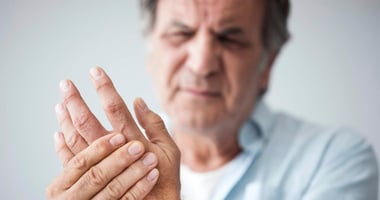More than half of individuals over age 50 who have depression and more than two-thirds of those...
Men May Experience Depression Differently From Women
 |
Researchers at the University of Michigan analyzed results from the National Comorbidity Replication Survey, using two scales—the Gotland Male Depression Scale and the Masculine Depression Scale—to evaluate the presence of alternative “male-type” depression symptoms. The scales measure such symptoms as anger attacks/aggression, substance abuse, and risk taking.
Analyses using the scale that included alternative, male-type symptoms of depression found that a higher proportion of men (26.3 percent) than women (21.9 percent) met criteria for depression. Analyses using the scale that included alternative and traditional depression symptoms—derived from DSM-IV —found that men and women met criteria for depression in equal proportions: 30.6 percent of men and 33.3 percent of women.
“Although men were likely to endorse many traditional depression symptoms, men were significantly more likely to report symptoms of anger attacks/aggression, irritability, substance abuse, and risk-taking behaviors over symptoms such as withdrawal from friends, sleep problems, and feelings of complaintiveness,” the researchers stated. “These results suggest that relying only on men’s disclosure of traditional symptoms could lead to an underdiagnosis of depression in men and that clinicians should consider other clues when assessing depression in men.”
For more information about mental illness in men, see Textbook of Men's Mental Health, published by American Psychiatric Press.
(Image: Tepikina Nastya/Shutterstock.com
)





